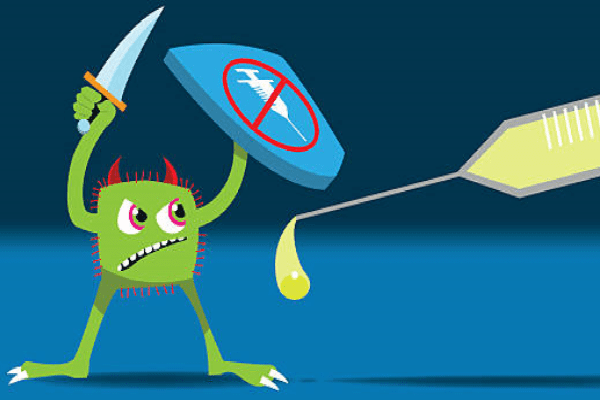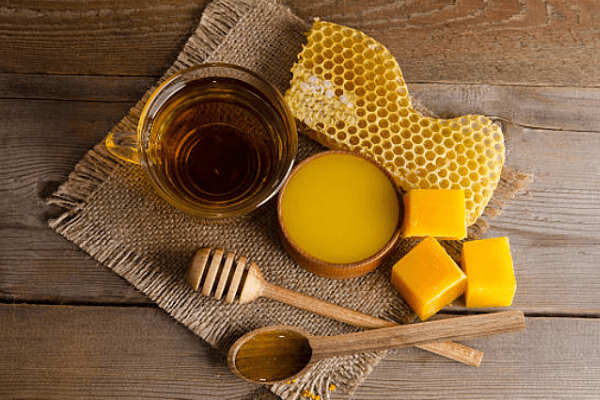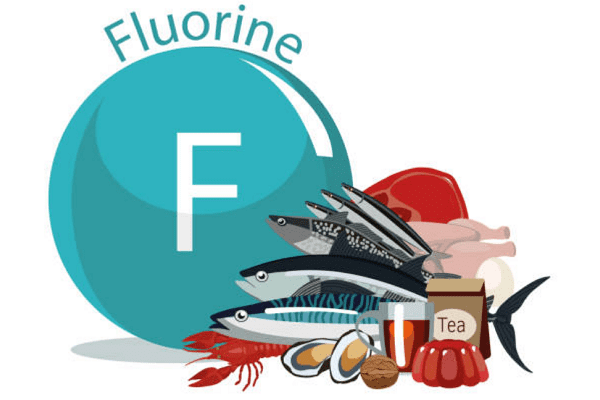Immunology and Allergology >>>> Vaccination and types of vaccines
Vaccination and types of vaccines.

Vaccination is a way to create protective immunity ( immunity to certain pathogenic microorganisms) using drugs (vaccines) in order to form an immunological memory disease pathogen to antigens, bypassing the stage of development of this disease. Vaccines contain biomaterial - pathogen antigens or toxoids. The creation of vaccines became possible when scientists learned to cultivate causative agents of various dangerous diseases in a laboratory. And the variety of ways to create vaccines provides their varieties and allows them to be grouped according to manufacturing methods.
Types of vaccines:
- Live weakened (attenuated) - where the virulence of the pathogen is reduced in various ways. Such pathogens are cultivated in unfavorable environmental conditions for their existence and, through multiple mutations, lose their initial degree of virulence. Vaccines on this basis are considered to be the most effective. Attenuated vaccines have a long lasting immune response. This group includes vaccines against measles, smallpox, rubella, herpes, BCG, polio (Sabin vaccine).
- Killed - contain pathogens of microorganisms killed in different ways. Their effectiveness is lower than that of attenuated ones. Vaccines obtained by this method do not cause infectious complications, but can retain the properties of a toxin or allergen. Killed vaccines have a short-term effect and require re-immunization. This includes vaccines against cholera, typhoid, whooping cough, rabies, polio (Salk vaccine). Also, such vaccines are used to prevent salmonellosis, typhoid fever, etc.
- Antitoxic - contain toxoids or toxoids (inactivated toxins) in combination with an adjuvant (a substance that enhances the effect of individual components of the vaccine). A single injection of this vaccine helps protect against multiple pathogens. This type of vaccine is used against diphtheria, tetanus.
- Synthetic - an artificially created epitope (a part of an antigen molecule that is recognized by agents of the immune system) connected to an immunogenic carrier or adjuvant. These include vaccines against salmonellosis, yersiniosis, foot and mouth disease, influenza.
- Recombinant - virulence genes and genes for a protective antigen (a set of epitopes that cause the strongest immune response) are isolated from a pathogen, virulence genes are removed, and the gene for a protective antigen is injected into a safe virus (most often vaccinia virus). This is how vaccines are made against influenza, herpes, and vesicular stomatitis.
- DNA vaccines - A plasmid containing a gene for a protective antigen is injected into the muscle in the cells of which it is expressed (converted into the final result - protein or RNA). This is how vaccines against hepatitis B were created.
- Idiotypic (experimental vaccines) - Instead of an antigen, anti-idiotypic antibodies (antigen mimics) are used to reproduce the desired configuration of the epitope (antigen).
Adjuvants - substances that complement and enhance the action of other constituents of the vaccine, provide not only a general immunostimulating effect, but also activate a type of immune response (humoral or cellular) specific for each adjuvant .
- Mineral adjuvants (alum) enhance phagocytosis;
- Lipid adjuvants - cytotoxic Th1-dependent type of immune response (inflammatory form of the T-cell immune response);
- Virus-like adjuvants - cytotoxic Th1-dependent type of immune system response;
- Oil emulsions (liquid paraffin, lanolin, emulsifiers) - Th2- and Th1-dependent type of response (where thymus - dependent humoral immunity is enhanced );
- Nanoparticles in which the antigen is incorporated are Th2- and Th1-dependent response types.
Some adjuvants, due to their reactogenicity (the ability to cause side effects), were prohibited from use (Freund's adjuvants).
Vaccines are medicines that, like any other medicine, have contraindications and side effects. In this connection, there are a number of rules for the use of vaccines:
- Preliminary skin testing;
- The state of human health at the time of vaccination is taken into account;
- A number of vaccines are used in early childhood and therefore they must be carefully checked for the harmlessness of the components that make up their composition;
- For each vaccine, the administration schedule is observed (frequency of vaccination, season for its administration);
- The dose of the vaccine and the interval between the time of its administration are maintained;
- There are routine vaccinations or vaccinations for epidemiological indications.
Adverse reactions and complications after vaccination:
- Local reactions - hyperemia, tissue edema in the area of vaccine administration;
- General reactions - fever, diarrhea;
- Specific complications - typical for a particular vaccine (for example, keloid scar, lymphadenitis, osteomyelitis, generalized infection with BCG; for oral polio vaccine - seizures, encephalitis, poliomyelitis associated with the vaccine, and others);
- Nonspecific complications are immediate reactions (edema, cyanosis, urticarial), allergic reactions (including Quincke's edema), proteinuria, hematuria.

Read

Read


























